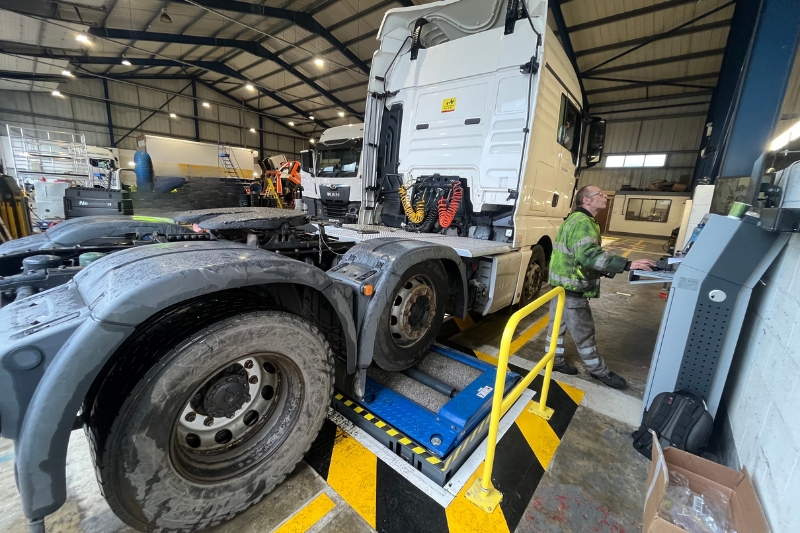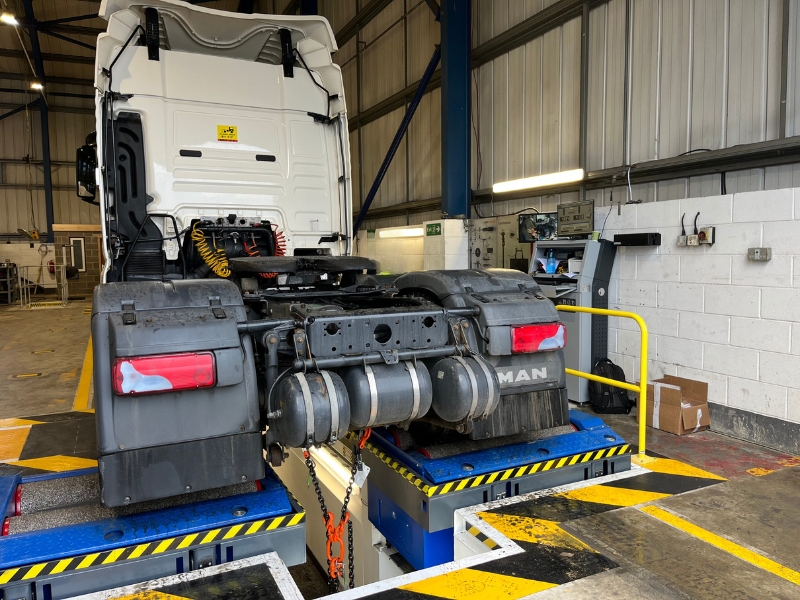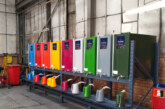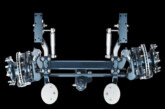How to prepare for the ‘meaningful brake test’

MAHA UK is urging workshops to be prepared for the DVSA’s ‘meaningful brake test’.
Starting in April 2025, the Driver and Vehicle Standards Agency’s (DVSA) ‘meaningful brake test’ guidance will emphasise the importance of laden brake tests during routine inspections. This change aims to ensure that brake performance is accurately assessed under realistic load conditions, reflecting the way vehicles are used in the real world.
Workshops will need to adjust their brake testing methods to meet these new requirements. The DVSA has specified that either a laden roller brake test, an electronic brake performance monitoring system (EBPMS), or a decelerometer with temperature readings will be the approved methods for assessing brake performance.
To ensure an accurate and reliable brake test, the DVSA recommends that axles be loaded to at least 65 per cent of their design weight during laden brake tests. This threshold is designed to simulate real-world conditions, although specific vehicle types may require different loading conditions based on their operational use.

A compliant solution
MAHA UK is a supplier of DVSA-approved workshop equipment and offers a variety of solutions to help workshops meet these updated requirements. The MBT 7250 brake tester, for example, is recognised for its accuracy in assessing brake system performance.
It features a large roller sensor with a 100mm diameter and an axle load capacity of up to 20 tonnes, providing consistent brake testing coverage across each tyre’s dimensions. Furthermore, its robust electronic, temperature-compensated strain gauge system aims to ensure accurate measurements, regardless of external conditions.
The MBT 7250 also offers a rising roller bed option. The rollers can be lifted by up to 250mm to simulate an axle load of up to 10 tonnes, providing a reliable alternative to traditional laden testing methods when external loading isn’t possible. While this method is useful for many cases, additional equipment, such as hydraulic rams or fixed anchor points, can be used to ensure the required load is applied when necessary.
MAHA UK managing director, Neil Ebbs, said: “There’s no one-size-fits-all solution for brake testing. While many reliable options exist, the key is to ensure that workshops are equipped with the necessary tools to meet the DVSA’s evolving standards. Our aim is to provide flexible solutions that help businesses stay compliant and ensure accurate brake performance assessments.”









